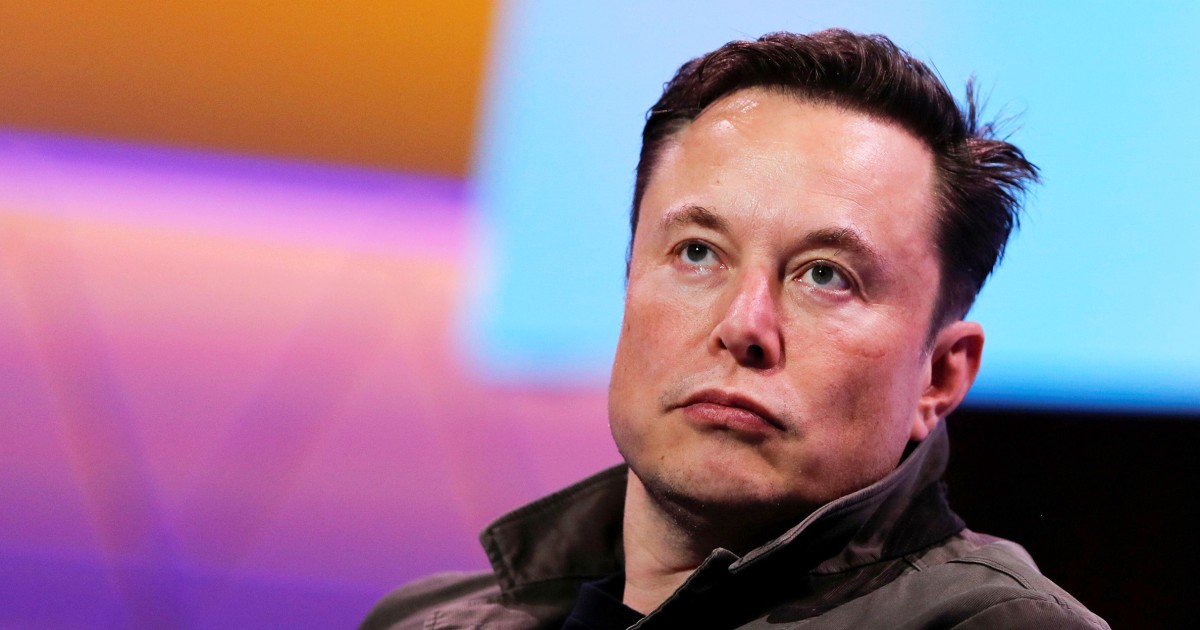Elon Musk, CEO of Tesla, new owner of Twitter and self-declared free speech absolutist, is reportedly scurrying around the internet and his Slack channels firing and silencing workers who disagree with him.
Americans often celebrate business leaders and entrepreneurs as icons of liberty and the expansive national spirit of free enterprise.
The hypocrisy shouldn’t be surprising. Americans often celebrate business leaders and entrepreneurs as icons of liberty and the expansive national spirit of free enterprise. The truth, though, is that business leaders are bosses, and a lot of the average worker’s typical subjugation occurs on the job. Musk’s treatment of his employees is a reminder that even bosses who claim to embrace freedom often, in practice, do not.
Musk took over Twitter less than a month ago, and immediately started making changes. Saddled with enormous debt from his inflated purchase price, Musk’s first cost-cutting measure was to fire half of Twitter’s workforce, including vital executives. One engineering manager vomited after he learned he was going to be forced to eliminate hundreds of people.
The people who were let go might consider themselves the lucky ones at this point. Musk has spent the past few days cozying up to the sort of far-right individuals who have long railed against Twitter, against the “liberal elite” and really anyone trying to regulate or critique racism and bigotry. Indeed, Musk is now acting as if he thinks his employees are lazy subversives who need to be disciplined and crushed.
And he’s quickly set about disciplining and crushing. Musk scrapped the company’s work-from-anywhere policy, demanding that employees spend at least 40 hours a week in the office or face termination. (He now says he’ll make exceptions for some “exceptional” employees.) According to Bloomberg, he also said he actually expected 80-hour work weeks from them. This week he sent an email to all staff telling them they needed to be “extremely hardcore.” If employees didn’t click yes and buy into this new version of Twitter, they would be terminated with three months of severance. Hundreds have understandably headed for the exit.
Musk’s new policies, including the (catastrophically) botched rollout of a new subscription verification service, haven’t gone over well with employees either. Neither has he been very receptive to feedback. On the contrary, he’s fired Twitter employees who publicly disagreed with him about engineering issues at the company.
He’s also fired employees after they expressed what sounds like mild dissent in Twitter’s Slack channel. And not only has he fired them, but he’s publicly mocked them. “These geniuses will be of great use elsewhere,” he sneered on (of course) Twitter.
Musk originally claimed he bought Twitter because he wanted to encourage more free speech on the platform. Notably, he said he wanted to unmuzzle users like former President Donald Trump, who was banned after using the social media site to push his election denialism ahead of the Jan. 6 insurrection.
But no one should be surprised that “free speech” for Musk really means free speech for the powerful. It’s a dispiritingly common impulse. Most bosses aren’t quite as power hungry and vindictive as Musk. But workplaces are extremely hierarchical and workers have, generally, limited power to protect themselves or speak openly to their employer about company policy.
In the U.S., employment is generally at will, which means employers can fire you for any reason — including for criticizing the boss, or talking back to the boss, or expressing mild skepticism about the boss’ plans for the company.
In the U.S., employment is generally at will, which means employers can fire you for any reason
Being unable to criticize the boss isn’t just an inconvenience; it’s potentially dangerous. When you can’t speak up, you can’t speak up about being mistreated. And bosses already have great latitude to mistreat workers. They have power over employee schedules. They can deny you sleep. They can unilaterally break agreements. They can insult you in public. And if you don’t like it, they can strip you of your income and health insurance and try to blacklist you from other employers.
And it happens across industries and socioeconomic strata. This dynamic is at the core of the #MeToo movement. Producer Harvey Weinstein targeted actors for harassment and abuse; they were afraid to speak against him for fear he would harm their careers. His power, and his ability to silence those with less power in the workplace, allowed him to get away with that abuse for four decades.
But we don’t have to give bosses this much power. A stronger safety net, universal health care, more secure unemployment benefits and UBI would insulate people from the worst harms of losing their jobs, and so would make it harder for bosses to be terrible. Unions can help workers push back against unreasonable demands, too — which is why union construction job sites are much safer than nonunion ones.
It might help, too, if we didn’t think of freedom of speech and action as embodied mainly in the unrestricted bombast of the extremely powerful. Musk can say ugly things and bully those around him with near impunity. But that doesn’t make him an avatar of free speech. It just makes him another unpleasant entitled billionaire white guy with little accountability.
The measure of liberty should be the experience of the powerless, not of the powerful. Elon Musk doesn’t seem very good at running Twitter — or even building cars. But like other bosses, he’s got a genius for manufacturing unfreedom.
Share your story or advertise with us: Whatsapp: +2347068606071 Email: info@newspotng.com















